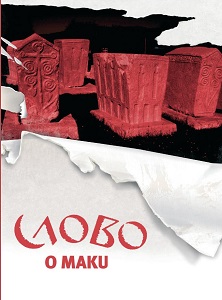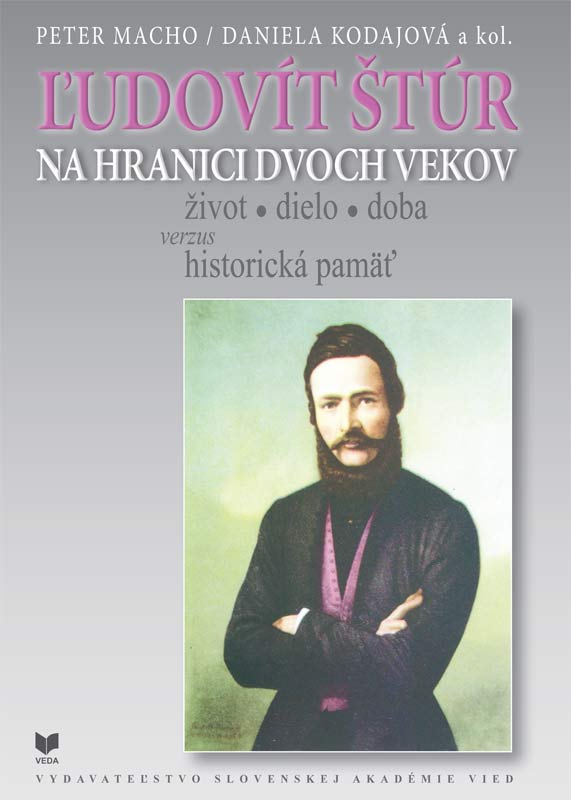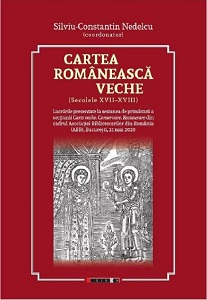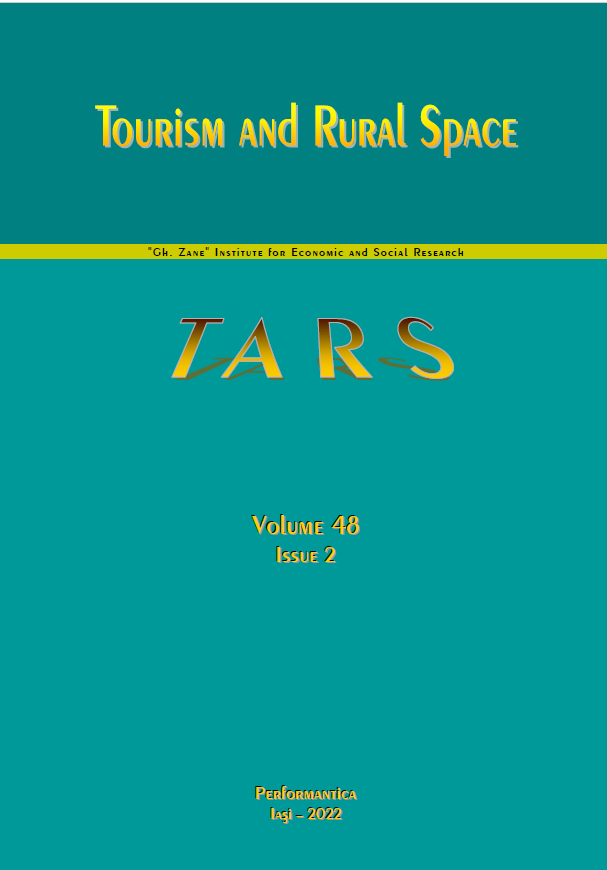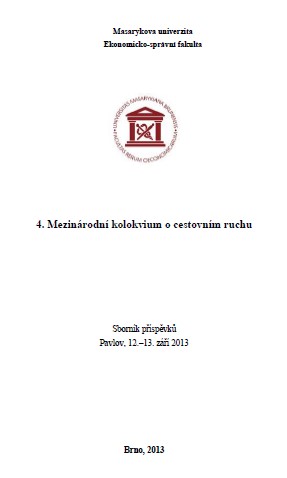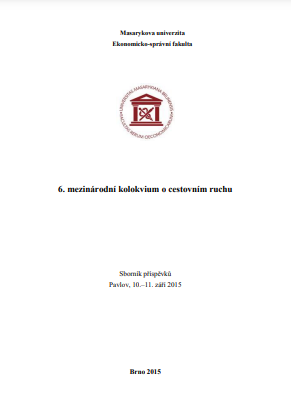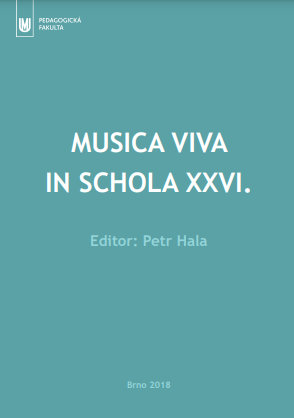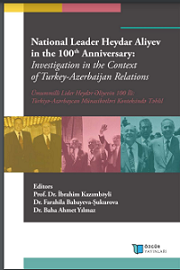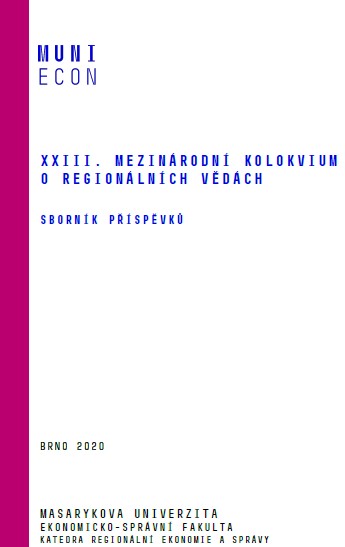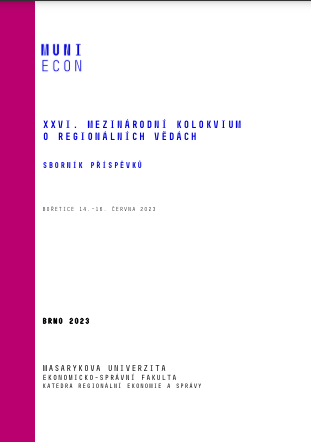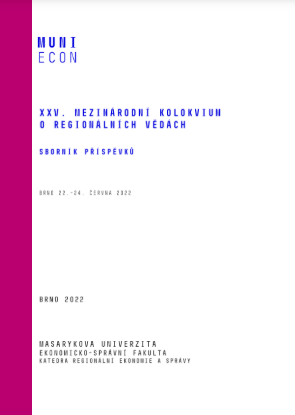Author(s): Gabriela Teodoru / Language(s): English
Publication Year: 0
The national cultural heritage includes all assets identified as such, regardless of their ownership regime, which represent a testimony and an expression of values, beliefs, knowledge and traditions in continuous evolution; it includes all the elements resulting from the interaction, over time, between human and natural factors. Any state understands to protect in a more or less restrictive manner certain goods which, regardless of whose property the subject of law is in - public or private, constitute special values, testimony of its historical development, often contributions to the creation of the values of universal culture. The right of preemption is one of the measures that states keep in order to achieve these objectives. By establishing this right, the Romanian State pursued, on the one hand, the possibility of maintaining in the state heritage buildings of historical and cultural importance, precisely to ensure the restoration, preservation and conservation of these goods, in much better conditions than in private patrimony of natural or legal persons, and, on the other hand, emphasizing the importance of conservation and restoration in the order of priorities of the actions to be taken on historical monuments that, following the exercising of the preemption procedures, enter the civil circuit. In order to better understand the possible shortcomings of the normative framework, but also the real possibilities of circumventing the legal restrictions regarding the legal circulation of goods from the national cultural heritage, it is necessary to carry out continuous studies, especially from a jurisprudential perspective. The analysis of the administrative work procedures on the occasion of the exercise of the right of preemption and of the court rulings given in the cases regarding the sale of such goods is a good source for understanding the phenomenon and for the elaboration of legal proposals.
More...
